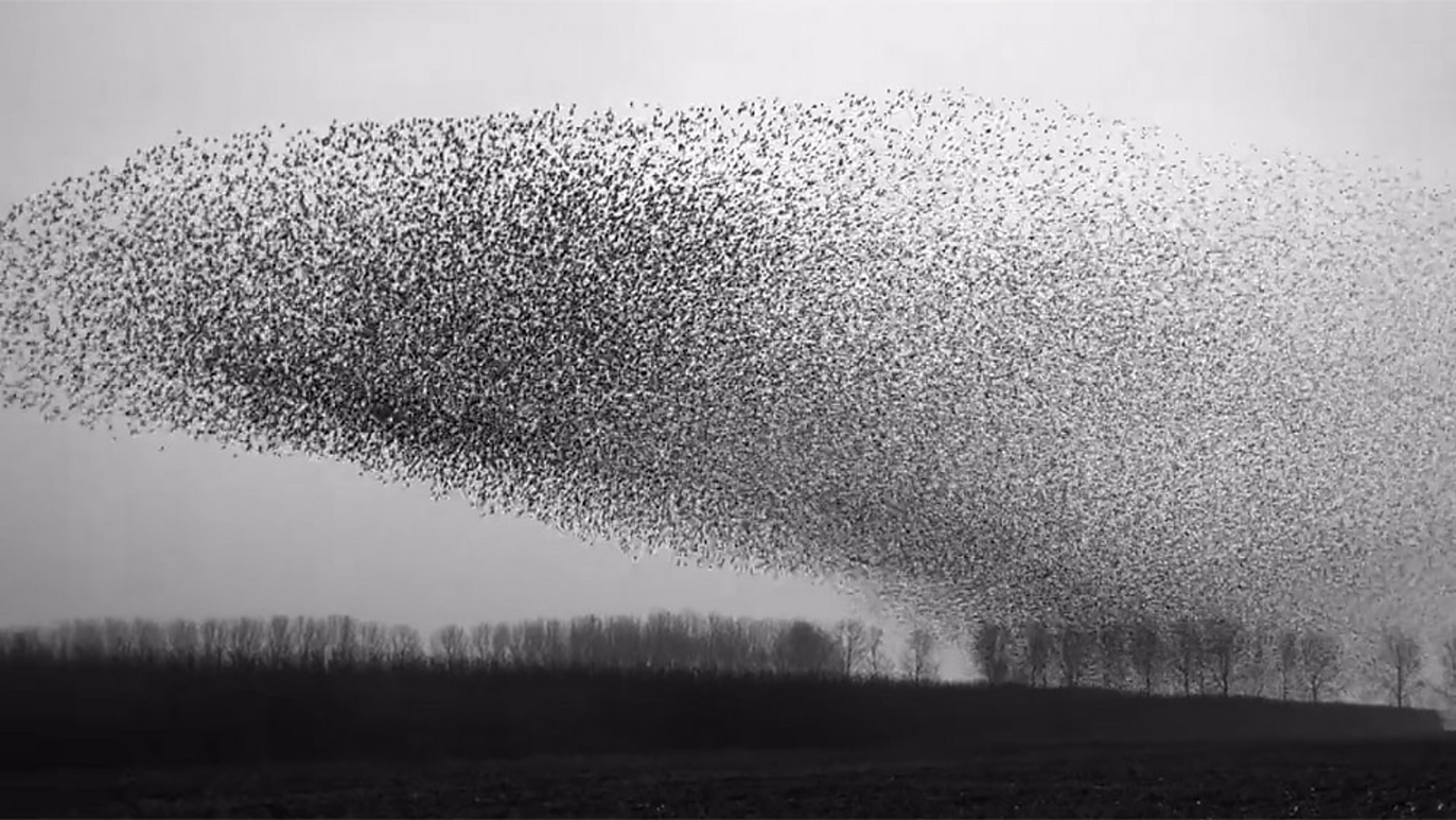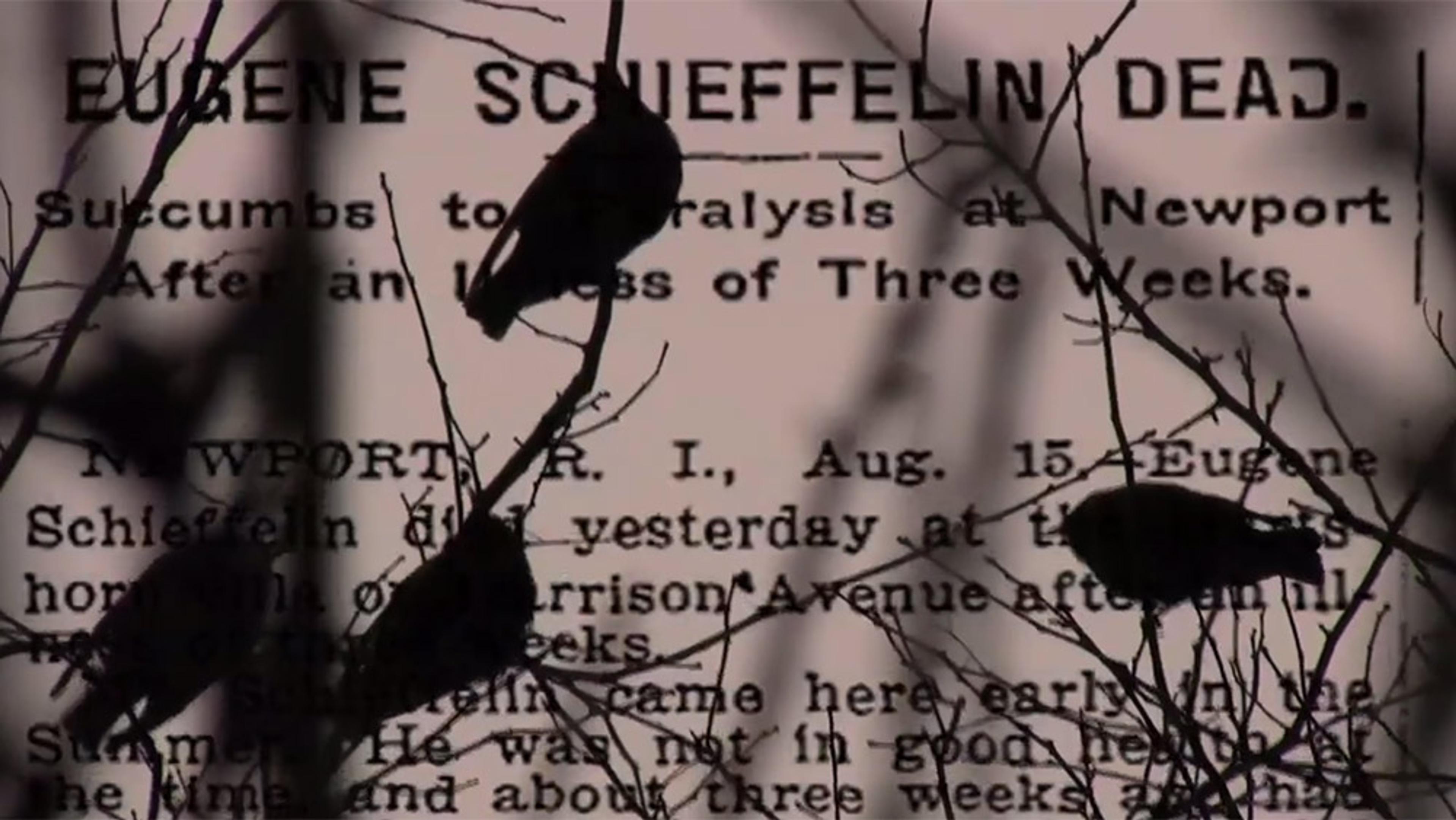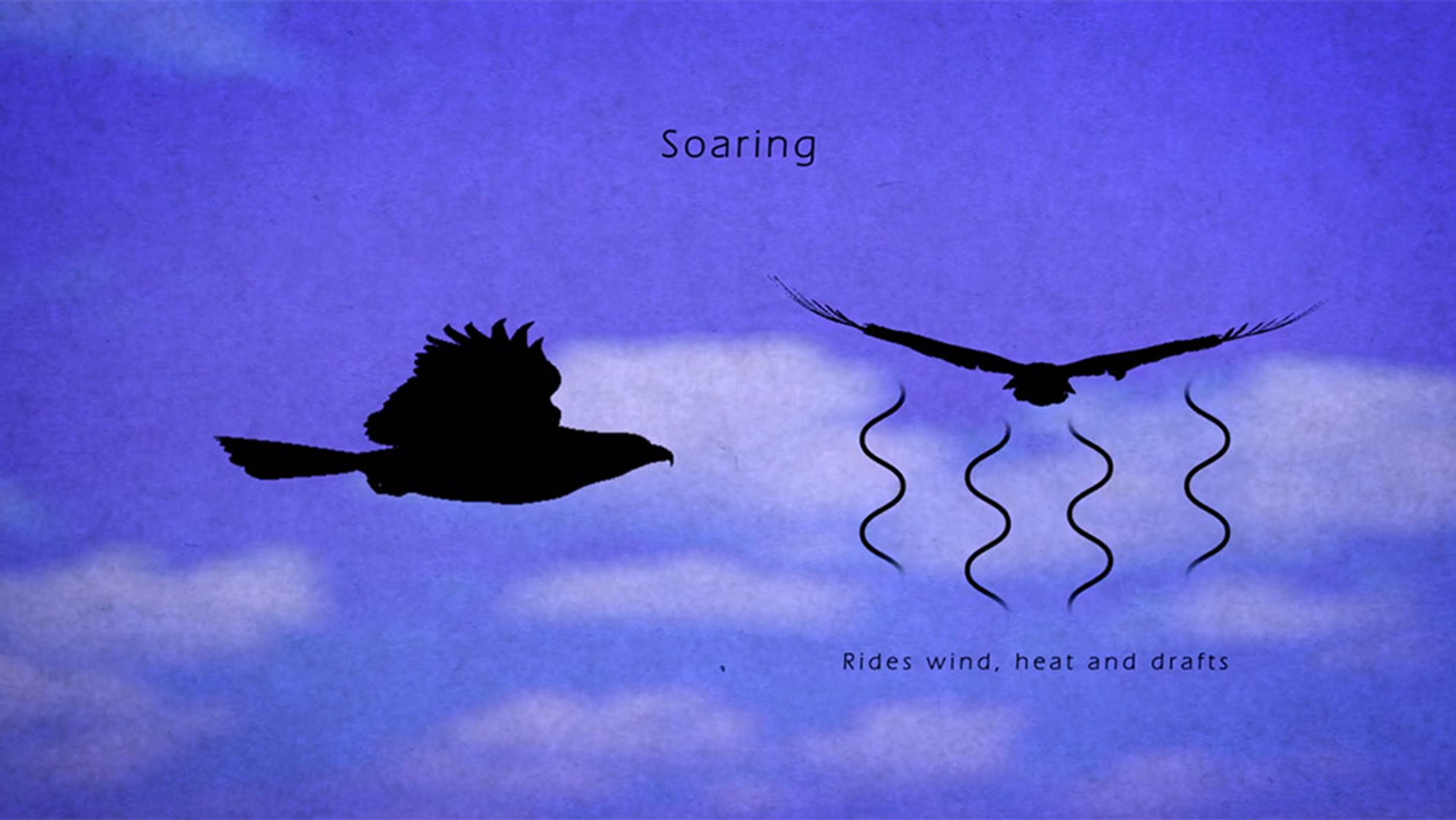In recent decades, GPS tracking initiatives have helped scientists to better understand the patterns and behaviours of migratory birds. This includes new insights into how populations have adapted and struggled to adapt to the intertwined threats of human development and the climate crisis. This documentary from the Cornell Lab of Ornithology in New York captures one such effort to track the species Numenius phaeopus, or the common whimbrel, which migrates between Southern Canada and South America each year. The project resulted in a stunning discovery: half of the whimbrel’s Atlantic Flyway population, or some 20,000 birds, made one small, unique island in South Carolina a roosting site on their annual journey north. Featuring visualisations born of GPS tracking data and cinematic imagery from the island, the short makes for an enlightening look at the resilience of these birds, as well as the precarious realities they face due to human development.
GPS tracking reveals stunning insights into the patterns of migratory birds
Video by Cornell Lab of Ornithology
Director: Andy Johnson

videoEcology and environmental sciences
Join endangered whooping cranes on their perilous migratory path over North America
6 minutes

videoAnimals and humans
Join seabirds as they migrate, encountering human communities along the way
13 minutes

videoEcology and environmental sciences
Racing rising tides, volunteers work to save a bird on the brink
25 minutes

videoBiology
One of the most wondrous markers of the end of the day is a murmuration of starlings
2 minutes

videoThe environment
We can’t fly like birds, nor can we stop our gaze soaring skyward to dream of it
3 minutes

videoBiology
Starlings swoosh like brushstrokes across the sky in this dazzling short
3 minutes

videoHistory
The manifest destiny of starlings. How a nod to Shakespeare unleashed an avian conquest
13 minutes

videoEcology and environmental sciences
Close-ups reveal how caterpillars live long enough to cocoon
9 minutes

videoBiology
Flight manifest: from take-off to landing, a bird’s eye introduction to flying
3 minutes